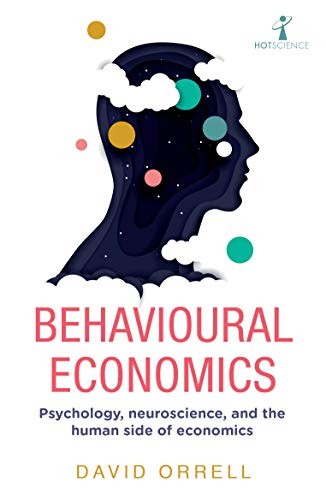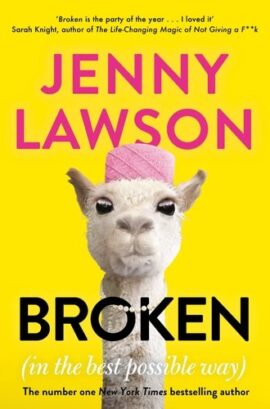Behavioural Economics: Psychology, neuroscience, and the human side of economics
2.600,00 د.ج
The controversial science that claims to have revolutionised economics.
For centuries, economics was dominated by the idea that we are rational individuals who optimise our own ‘utility’. Then, in the 1970s, psychologists demonstrated that the reality is a lot messier. We don’t really know what our utility is, and we care about people other than ourselves. We are susceptible to external nudges. And far from being perfectly rational we are prone to ‘cognitive biases’ with complex effects on decision-making, such as forgetting to prepare for retirement.
David Orrell explores the findings from psychology and neuroscience that are shaking up economics – and that are being exploited by policy-makers and marketers alike, to shape everything from how we shop for food, to how we tackle societal happiness or climate change. Finally, he asks: is behavioural economics a scientific revolution, or just a scientific form of marketing?
The controversial science that claims to have revolutionised economics.
For centuries, economics was dominated by the idea that we are rational individuals who optimise our own ‘utility’. Then, in the 1970s, psychologists demonstrated that the reality is a lot messier. We don’t really know what our utility is, and we care about people other than ourselves. We are susceptible to external nudges. And far from being perfectly rational we are prone to ‘cognitive biases’ with complex effects on decision-making, such as forgetting to prepare for retirement.
David Orrell explores the findings from psychology and neuroscience that are shaking up economics – and that are being exploited by policy-makers and marketers alike, to shape everything from how we shop for food, to how we tackle societal happiness or climate change. Finally, he asks: is behavioural economics a scientific revolution, or just a scientific form of marketing?
| Editeur |
|---|
Produits similaires
The Hidden Life of Trees: What They Feel, How They Communicate
Broken: in the Best Possible Way
‘Broken is the party of the year . . . I loved it’ - Sarah Knight, bestselling author of The Life-Changing Magic of Not Giving a F**k
As her fans already know, Jenny Lawson suffers from depression. In Broken, Jenny humanizes what we all face in an all-too-real way, reassuring us that we’re not alone and making us laugh while doing it. Of course, Jenny’s long-suffering husband Victor, the Ricky to Jenny’s Lucille Ball, is along for the ride.
Hilarious, heart-warming and honest, Broken is about living, surviving, and thriving. A beacon of hope and a wellspring of laughter when we all need it most.
A New York Times, Washington Post and LA Times bestseller.
No Friend but the Mountains: The True Story of an Illegally Imprisoned Refugee
In 2013, Kurdish journalist Behrouz Boochani sought asylum in Australia but was instead illegally imprisoned in the country’s most notorious detention centre on Manus Island. He has been there ever since. This book is the result.
Behrouz Boochani spent nearly five years typing passages of this book one text at a time from a secret mobile phone in prison. Compiled and translated from Farsi, they form an incredible story of how escaping political persecution in Iran, he ended up trapped as a stateless person. This vivid, gripping portrait of his years of incarceration and exile shines devastating light on the fates of so many people as borders close around the world.
No Friend but the Mountains is both a brave act of witness and a moving testament to the humanity of all people, in the most extreme of circumstances.
'A brilliant book. No Friend but the Mountains can rightly take its place on the shelf of world prison literature . . . It is a profound victory for a young poet who showed us all how much words can still matter.' - Richard Flanagan, Booker Prize winning author of The Narrow Road to the Deep North









